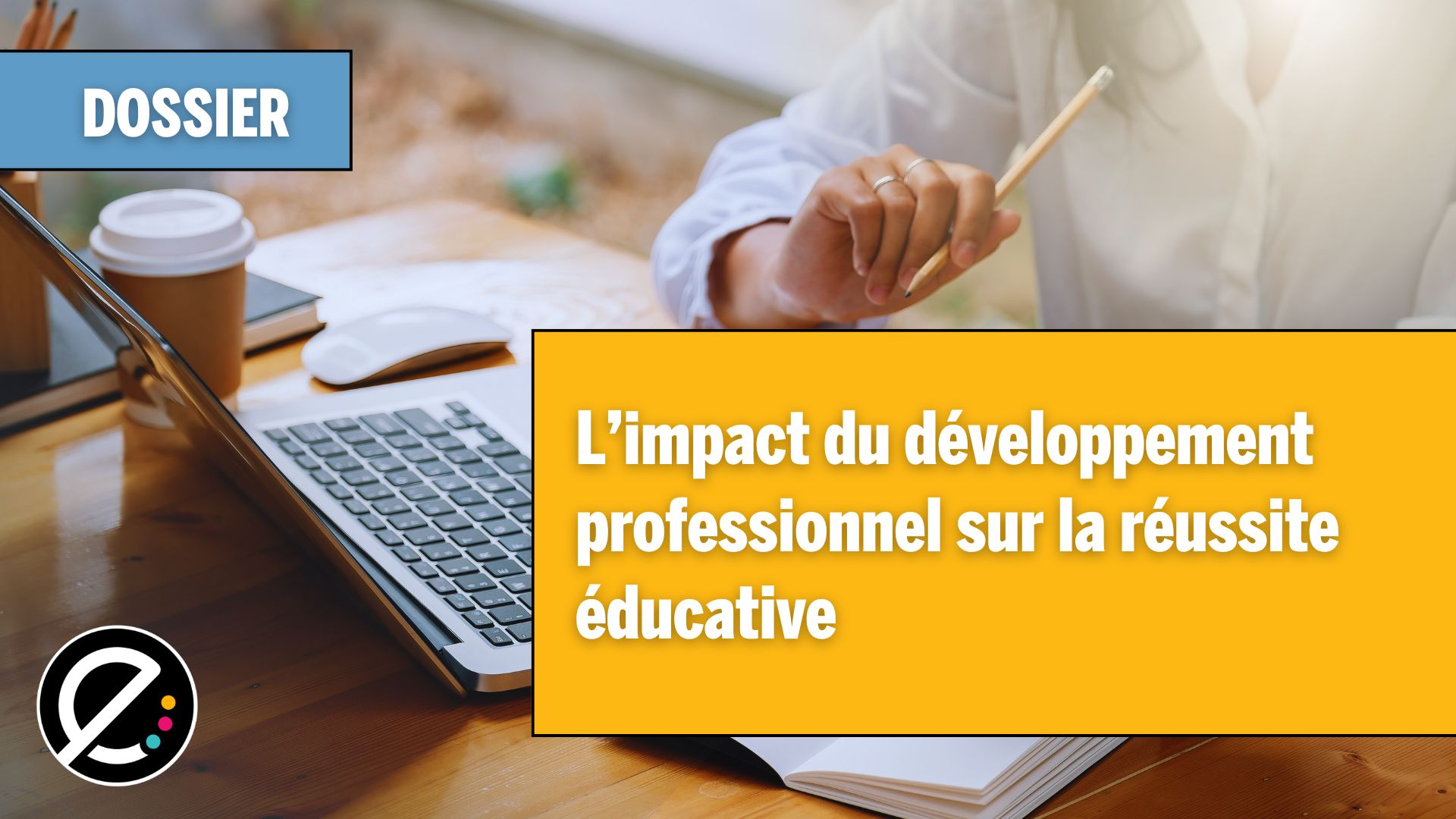Rendre les sciences intéressantes à chaque élève de sa classe : voilà la mission que se donne l’enseignant Yannick Bergeron, du Collège St-Jean-Vianney à Montréal. Afin de partager sa passion pour les sciences physiques et la chimie, il sera l’invité d’honneur à la 12e édition de l’événement « Les filles et les sciences, un duo électrisant! » qui se tiendra le samedi 19 février à l’École de technologie supérieure à Montréal.
Armé de son sarrau multicolore et de ses fioles de produits chimiques, Yannick Bergeron compte mettre un brin de folie dans la journée des participantes, des élèves de 2e et 3e secondaire. « Les sciences ne sont ni plates ni inaccessibles », explique-t-il. « Manger de la restauration rapide pour en compter les calories, faire de la crème glacée ou exécuter des expériences du magazine Les Débrouillards sont des activités de tous les jours dans mes cours! » Cette approche centrée sur la vulgarisation lui a valu, en 2009, le prix Michael Smith pour la promotion des sciences et le titre de personnalité de la semaine en science La Presse/Radio-Canada.
En sciences comme en mathématiques, développer l’intérêt de chaque élève de la classe n’est pas chose facile. Aussi, pour l’événement Les filles et les sciences, ce professeur qui enseigne depuis 12 ans a choisi ses meilleurs trucs pour générer la passion des sciences. « J’ai fait beaucoup d’arts, de danse et je me dirigeais vers le théâtre, avant d’avoir la piqûre pour les sciences! » s’exclame Bergeron. « J’aime donc incorporer ces éléments dans l’apprentissage des élèves, en utilisant des mises en situation et en les faisant démonter des produits chimiques eux-mêmes. » L’Expo-sciences, où des élèves présentent en public leurs projets réalisés en petits groupes, est selon lui un tremplin pour l’intérêt des jeunes envers la biologie, la physique et les autres sciences naturelles.
L’enseignement que prodigue Yannick Bergeron a la faculté d’accrocher les filles. « Souvent, elles prennent de meilleures notes que les garçons, ce qui les avantage », remarque-t-il. Il est convaincu que beaucoup de ses élèves sont motivées par les activités de groupes et qu’elles performent particulièrement bien en biologie. Bergeron les motive en expliquant les aspects chimiques des cosmétiques, entre autres. Il a même organisé un stage chez le fabriquant de produits de beauté Marcelle, afin que ses élèves découvrent l’utilité de la physique et de la chimie dans la vie de tous les jours!
Mais comment accrocher les nombreuses filles qui éprouvent des difficultés en mathématiques? « J’utilise le laboratoire, les substances colorées, les démonstrations », résume Yannick Bergeron. Celui qui écrit depuis 15 ans pour le magazine Les Débrouillards compte bien en mettre plein la vue aux centaines de filles qui participeront à l’événement « Les filles et les sciences, un duo électrisant! » Pas de théorie au menu, mais plutôt une enrichissante vulgarisation.
À noter : l’événement se tiendra la même journée à différents autres endroits au Québec (sans Yannick, malheureusement!). Par exemple, voyez la programmation pour la région de Québec ici.





